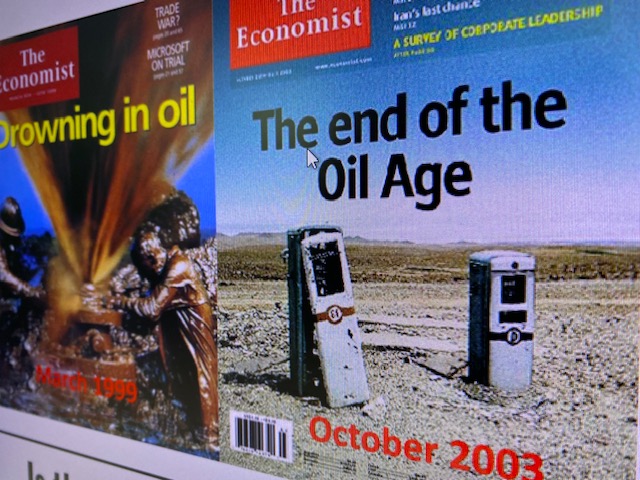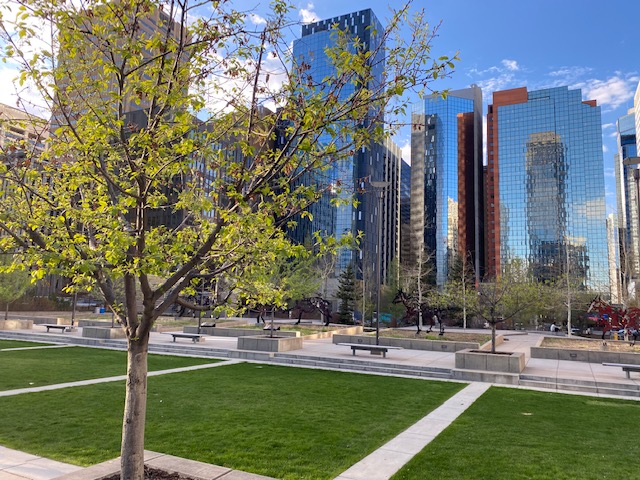“Last winter’s heating bills were unsustainable” – buddy, do I have bad news for you

Wow, what time is it? Is it May?
Haven’t posted here in forever. Been drunk for months. That’s not a good life strategy, admittedly, but hey it’s better than staying sober and alert and watching what’s going on in the world. I don’t want to play this game anymore.
There are a million funny things to talk about, a million laughs to be had, a lot of phenomenal progress being made on numerous fronts, things that do make our lives better and better.
But it’s kind of hard to be smelling the roses when it’s like Voldemort is expected by dinner time.
There’s that war in Ukraine which is too horrifying for words, which is also a sad and stark reminder of the Syrian Civil War, which has been going on for a decade claiming half a million lies, and the even sadder fact that as these things drag on, the world’s attention simply moves on to the next catastrophe, real or imagined.
But this is an energy site, and frankly the energy side is as depressing as both those wars. Why?
Because there is a global energy shortage, and there are global food shortages, and the combination of the two has the potential to severely impact billions.
That’s not hyperbole, and it is a bit of a perfect energy-storm.
The Russian war is definitely having an impact, because both Ukraine and Russia are massive grain producers and exporters. Neither is looking good on that front at the moment. But the energy shortage is a looming mountain compared to that foothill.
Cheap and reliable energy allows modern farming to take place, both through ubiquitous fuel, and through abundant fertilizer. Both of these are now in short supply, and that is going to impact yields going forward. The title quote is from the head of a US equipment dealers association, and in the same article the head of a manufacturing association in no uncertain terms points out the massive and real risk to the manufacturing sector from high natural gas prices.
The Economist, in a recent article, pointed out how dire the situation is, that currently nearly 1.6 billion people cannot be sure of getting enough to eat (whatever that means) and 250 million are close to famine (ok, that I get). They blame the Russian war, and, of course, climate change, because weather has impacted crops in various parts of the world.
Climate change is not the problem here though. Every year, year after year, for centuries, some regions have too much precipitation, some not enough. Some parts in some years are too cold, and some too hot. Global food production has increased steadily over the past decades, keeping up handily with a growing population. Famine deaths have similarly plummeted. There is no basis to say that extreme weather is leading to food shortages on a global basis – though it could happen should a series of events happen within close proximity time wise. But that’s not the case in this decade thus far.
No, this time it’s different, and for that we can thank the likes of The Economist. Since they always ask for feedback on their articles, I thought it might not be a bad idea to offer them a viewpoint that I would bet they don’t hear within their storied hallways:
“Re: “Why the world is tipping towards mass hunger” – you erroneously tag climate change as a reason. True, there are floods and droughts and other extreme events that harm crops in localized regions- but it has always been thus.
The major reason the food system is under duress has to do with strangulation of the world’s fuel supply, which began well before Russia’s invasion. That act of war simply accelerated it.
The “divest fossil fuels” campaign is bearing ghastly fruit. This is the consequence. There is no suitable replacement for the existing fuel system and won’t be for decades. Yet the editorial choice was made nearly universally to accept and promote the idea that humanity was at risk in half a century due to climate change rather than even contemplating whether humanity would be at risk in 2 years if the war on hydrocarbons succeeded.
Ironic food supply discussion, isn’t it Dear Economist: You reap what you sow. This is your moment. Consider what you’ve done.
Terry Etam
Saddened energy author
Calgary, Alberta”
Oh well, whatever. Back to the bottle. Watch for sunshine and lollipops and positive energy here some other day way down the road. This global horror show is just beginning.

Support independent energy voices before we all flee to Substack!
The global energy crisis described above could have been prevented, had policy makers listened to people in the actual energy industry and not magic elixir hawkers. Many small voices warned of this. Those small voices are needed more than ever. Thanks for the support.
CA$5.00
Pick up “The End of Fossil Fuel Insanity” today, before it’s illegal! Available at Amazon.ca or Amazon.com.

11 Comments
I doubt that there will ever beca suitable replacement for fossil fuels. Time to start adapting to post fossil fuel world.
LikeLike
A true “transition” will be a hundred year event, and if governments orchestrate it, 200 years.
LikeLike
Come on Terry .I know the world is all F—cked up but we’ve got to keep fighting
LikeLiked by 1 person
Agree but…what does that mean? I work for a natural gas producer, i can tell you first hand that governments are undermining the industry actively no matter what their short term panic talk is. Should we produce more to get prices down? We can’t. No pipeline access for more. Same as most producers.
What does one do politically? Vote out these current clowns and replace them with what? Different clowns? The horizon is leaderless, politically speaking, not a visionary in sight. All singing the “climate emergency” mantra. If that’s their guiding light we are indeed screwed.
But anyway will keep fighting, writing, and producing – all i can do
LikeLike
Alex Epstein author and podcast. Fighting the Good fight like you are, and gaining traction. I detect a slight shift in the direction the wind is blowing. I truly believe climate realists are gaining ground. People are not going to be satisfied with paying $9.00/gallon Canadian for gasoline for very long when they realize that the price is the direct result of government and financial institutions’ interference.
LikeLike
I agree! People don’t care until it hits their pocketbooks. Also when times were great people had the luxury of worrying about climate change, a hallmark preoccupation of a wealthy society. Or at least they claimed to ut it seldom shows up on top 10 lists of what people are actually worried about, or is near the bottom.
LikeLike
Peak energy ignorance is coinciding with end stage democracy – the point when the electorate votes directly for loot from the treasury and gets it, which is how all democracies fail and are followed by inflation then despotism which, given the current gene pool of elected sociopaths isn’t far off. Given the mass hysteria of CAGW leading the despots to adopting what is essentially green theocracy within a dominant economic system world wide of corporatism under the thumb of statists (Mussolini’s text book definition of fascism), hey why not top it all off with mass starvation and world war III. Make mine a single malt with a little ice Terry.
LikeLiked by 2 people
You are not wrong. A cornerstone challenge is the ever growing distance between those that produce stuff and those that consume stuff, as in food/energy/agricultural products/raw materials. Urban dwellers are losing touch with the hard realities, yet have no qualms dictating how it should all unfold. I don’t see an end to this phenomenon easily.
LikeLike
The creator’s concern is the conquest of nature. The parasite’s concern is the conquest of men.” — Ayn Rand
The conquerors of men (who conquer nature) are now firmly in control of the horrendously destructive power of the state and are actively bringing civilization down. This is the first time in history we are actively replacing high density energy with low density energy. All progress in terms of economic prosperity has been premised on continually adopting higher density energy.
LikeLike
I believe the problem is we running out of high density energy, and due to carbons, can’t safely use all of what we have left, and don’t have any replacement. Other than that, everything’s fine. Make mine a double scotch, straight up.
LikeLiked by 1 person
“…claiming half a million lies…”
That’s a typo, Lives, not lies.
But it usually starts out with… lies, doesn’t it?
LikeLike